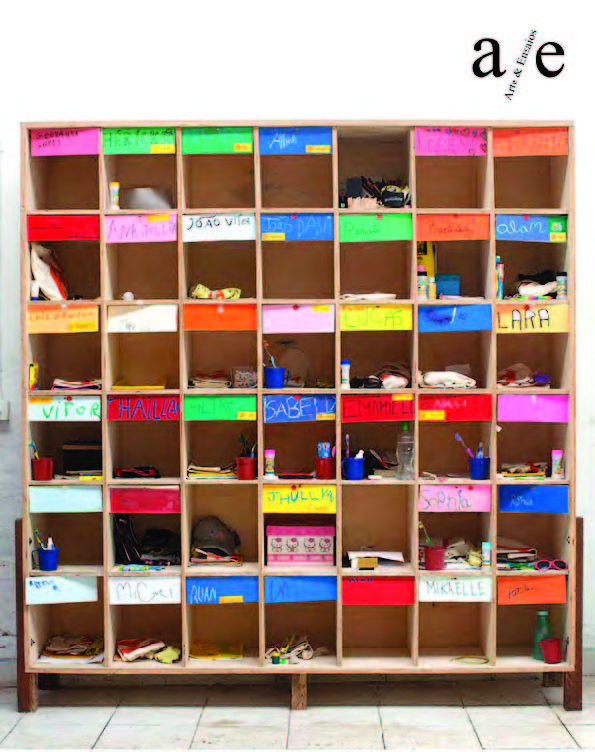Activism vs. antagonism: socially engaged art f rom Bourriaud to Bishop and beyond
DOI:
https://doi.org/10.60001/ae.n45.32Abstract
The author analyzes art historian Claire Bishop’s critique to the concept of relational aesthetics, initially established by curator Nicolas Bourriaud, in his attempt to debate collective, collaborative and/or participatory practices which became increasingly important in the 1990s. Bishop proposes an alternative theory: relational antagonism. The author’s critique demonstrates the complex and problematic passage of Chantal Mouffe’s concept of antagonism from the political to the aesthetic, according to Bishop’s use, and the prevailing aspect of conscienceraising through aesthetics in detriment of the ethical in Bishop’s approach. The author also includes Mouffe’s own perspective of the aesthetic and political issues discussed, and her separation between the concepts of agonism and antagonism. Thus, Bishop’s influential “Antagonism and relational aesthetics” is discussed in the complex interaction between “sociality, politics, ethics, and aesthetics”, bringing important questionings and positions, especially in terms of the place of ethics in contemporary criticism.
Downloads
Downloads
Published
Issue
Section
License

This work is licensed under a Creative Commons Attribution 4.0 International License.
Autores que publicam nesta revista concordam com os seguintes termos:- Autores mantém os direitos autorais e concedem à revista o direito de primeira publicação, com o trabalho simultaneamente licenciado sob a Licença Creative Commons Attribution que permite o compartilhamento do trabalho com reconhecimento da autoria e publicação inicial nesta revista.
- Autores têm autorização para assumir contratos adicionais separadamente, para distribuição não-exclusiva da versão do trabalho publicada nesta revista (ex.: publicar em repositório institucional ou como capítulo de livro), com reconhecimento de autoria e publicação inicial nesta revista.
- Autores têm permissão e são estimulados a publicar e distribuir seu trabalho online (ex.: em repositórios institucionais ou na sua página pessoal) a qualquer ponto antes ou durante o processo editorial, já que isso pode gerar alterações produtivas, bem como aumentar o impacto e a citação do trabalho publicado (Veja O Efeito do Acesso Livre).


